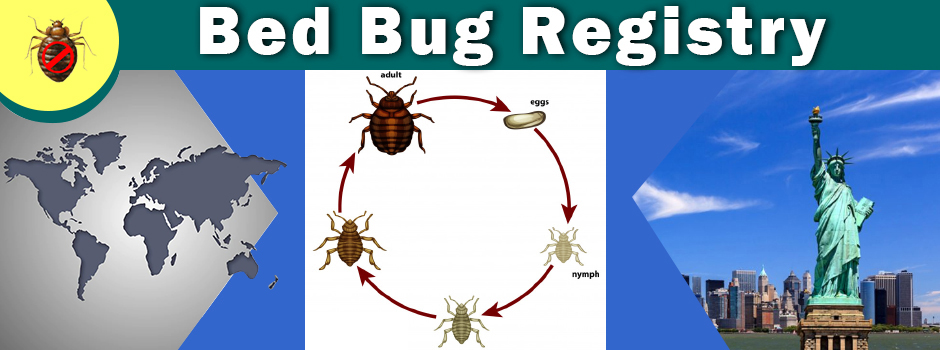The common bed bug (Cimex lectularius) has long been a pest feeding on blood, causing itchy bites and generally irritating their human hosts. The Environmental Protection Agency (EPA), the Centers for Disease Control and Prevention (CDC), and the United States Department of Agriculture (USDA) all consider bed bugs a public health pest. However, unlike most public health pests, bed bugs are not known to transmit or spread disease.
They can, however, cause other public health problems, so its important to pay close attention to preventing and controlling bed bugs.
Experts believe the recent increase in bed bugs in the United States may be due to more travel, lack of knowledge about preventing infestations, increased resistance of bed bugs to pesticides, and ineffective pest control practices.
The good news is that there are ways to control bed bugs. Getting good, solid information is the first step in both prevention and control. While there is no chemical quick fix, there are effective strategies to control bed bugs involving both non-chemical and chemical methods.
On this page;
Bites on the skin are a poor indicator of a bed bug infestation. Bed bug bites can be misidentified, which gives the bed bugs time to spread to other areas of the house. Bed bug bites can look like bites from other insects (such as mosquitoes or spiders), rashes (such as eczema or fungal infections), or even hives. Some people do not react to bed bug bites at all.
A far more accurate way to identify a possible infestation is to look for physical signs of bed bugs. For example, spots on bedding, as described below, are one of the earliest and most accurate methods.
When cleaning, changing bedding, or staying away from home, look for:
If the room is heavily infested, you may find bed bugs in the seams of chairs and couches, between cushions, in the folds of curtains, in drawer joints, in electrical receptacles and appliances, under loose wall paper and wall hangings -- even in the head of a screw. Since bed bugs are only about the width of a credit card, they can squeeze into really small hiding spots. If a crack will hold a credit card, it could hide a bed bug.
Canvas strap of old box spring covering that is housing adults, skin castings, feces, and eggs. (Photo courtesy of Dr. Louis Sorkin)
Original post:
Bed Bugs - Pesticides - US EPA - US Environmental Protection ...

 Residence
Residence  Location
Location 










